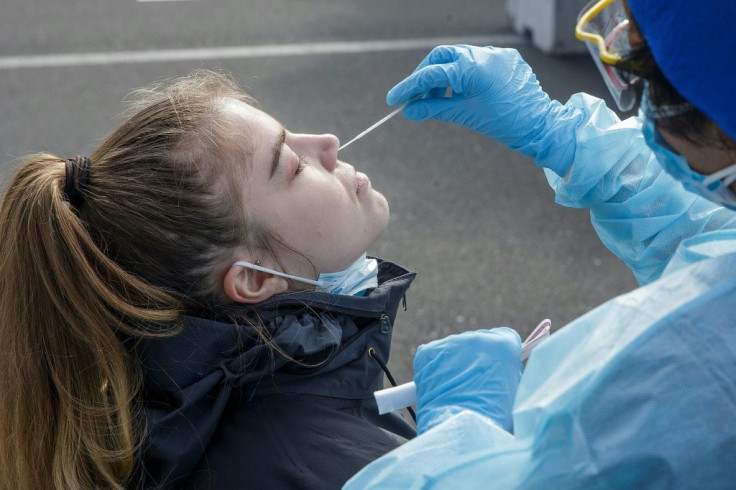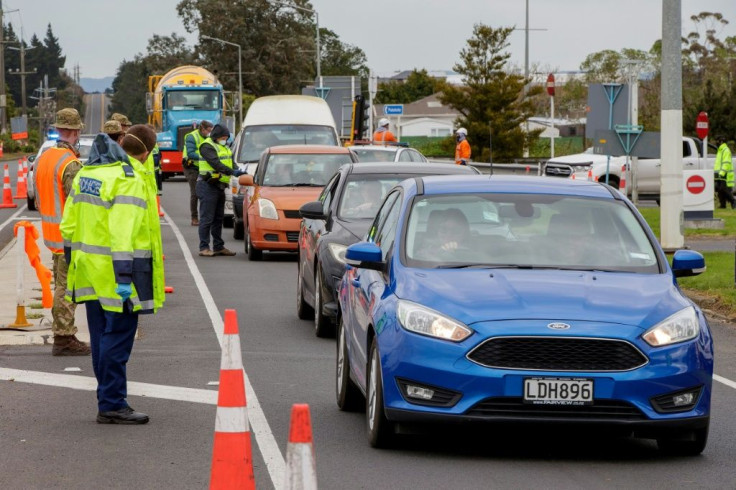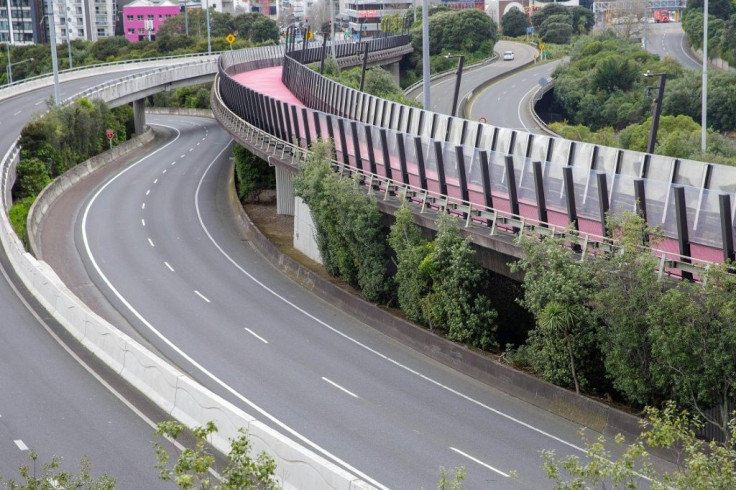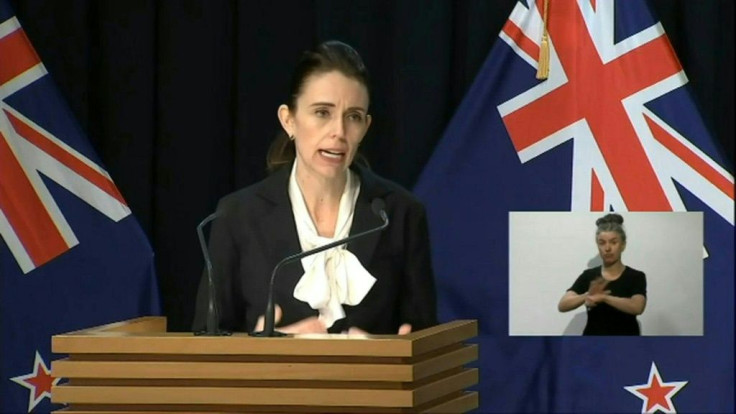New Zealand Extends City Lockdown Amid Hunt For Mystery Source

Prime Minister Jacinda Ardern extended a lockdown in New Zealand's largest city Friday, giving health authorities more time to trace and contain a strain of coronavirus previously unseen in the country.
Ardern said stay-at-home orders would remain in force across Auckland until August 26 in a bid to prevent a mystery outbreak from becoming a fully-blown second wave.
Genomic tests indicated the latest infections were not the same strain of coronavirus recorded in New Zealand earlier this year.
"This suggests it's not a case of the virus being dormant, or of burning embers in our community, it appears to be new to New Zealand," Ardern said.
She added that tests were also unable to link the outbreak to any cases among quarantined travellers from overseas.
Since four people tested positive on Tuesday -- the first cases of community transmission in 102 days -- New Zealand has now detected a cluster of 30 virus cases.

Amid speculation that the virus could have been brought in via freight, Ardern admitted the source of the strain may never be found.
But she said it was likely the outbreak had been detected early and expressed hope that it could still be held back.
"We don't necessarily need to answer that question in order to contain and deal with this cluster effectively," she said.
Ardern praised the 1.5 million residents of New Zealand's biggest city as carrying a "heavy load" for the nation's wellbeing.

"Lifting restrictions now and seeing a potential explosion in cases is the worst thing we would do for Auckland and the New Zealand economy," she said.
Health Minister Chris Hipkins said earlier that two cases had been detected outside Auckland despite the lockdown.
But he played down fears that the failure to ring-fence infections meant the virus was destined to spread countrywide.

"The cases so far are connected, they are all part of one Auckland-based cluster, that's good news," he said.
The prospect of new wave of infections has rattled New Zealanders, who have come to regard the remote South Pacific nation as a transmission-free haven over the past three months.
Wellington resident Barbara Pond described the situation as "heartbreaking".
"I'm so sick of hearing about COVID," she said.
"We worked so hard to get rid of it and now every time you turn around it's COVID, COVID, COVID."
National health director-general Ashley Bloomfield acknowledged feelings were running high but urged the public not to take out their frustrations on frontline health workers.
"We've had reports of healthcare workers, who are doing their best to provide testing for people, being verbally abused and even attacked," he said.
"This is completely unacceptable," he added, declining to provide further details.
New Zealand is following the same strategy that helped contain the virus after a seven-week lockdown earlier this year -- isolating positive cases, contact tracing and extensive testing.
The government is making testing mandatory for frontline workers at ports and isolation facilities after reports that most staff at Auckland airport had never been checked for the virus.
Hipkins denied the government had failed to secure the border -- regarded as the area most vulnerable to COVID-19's return -- but conceded: "I'd have liked more tests (there) earlier."
© Copyright AFP {{Year}}. All rights reserved.




















